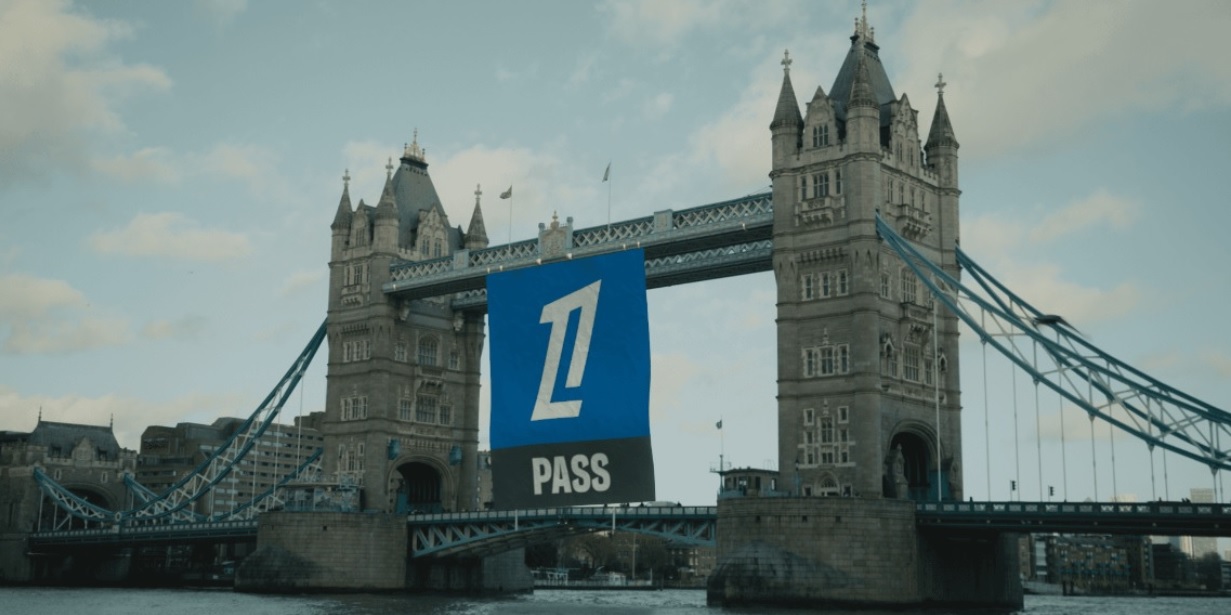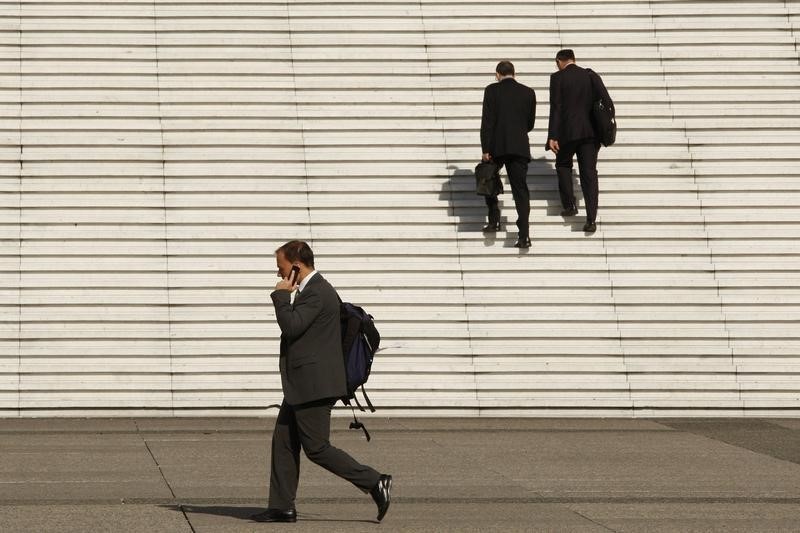The U.S. Commerce Department is expected to release proposed regulations in August that would restrict the use of certain software components in connected vehicles, particularly from China and other countries considered hostile. Alan Esteves, the undersecretary of commerce for industry and defense, insisted at a forum in Colorado that only certain critical components that manage software and data should be purchased from allies.
Estevez’s comments follow Commerce Secretary Gina Raimondo’s statement in May indicating the department’s intent to introduce rules on Chinese-linked vehicles by the fall. The announcement comes after the Biden administration launched an investigation in February into whether auto imports from China pose national security risks, suggesting the possibility of more drastic measures, including sanctions or restrictions.
Esteves says connected vehicles, Internet access and the ability to exchange data with internal and external devices pose a significant security concern. He highlighted the extensive information these cars can collect, including location data, call history and other personal details through integrated software and networking hardware.
China’s foreign ministry urged the US to adhere to market economy laws and principles of fair competition, arguing that Chinese automakers are world-renowned for their competitiveness and technological innovation.
The upcoming rules are in line with the Biden administration’s broader trade policy, which includes proposed tariff hikes on Chinese electric vehicles and other goods that are expected to be implemented by Aug. 1. Currently, the import volume of Chinese-made light vehicles to the US is relatively low.
Reuters contributed to this article.
This message is translated with the help of artificial intelligence. For more information, see our Terms of Use.

“Internet addiction in terminals. Award-winning beer expert. Travel expert. General analyst.”






More Stories
Cleaners at prestigious UK girls’ school win pay and conditions dispute
Soybeans fall in Chicago, with expectations of a good harvest in the US
Support planned for UK households struggling with winter energy bills